A large number of freshwater shrimps and crabs in the Western Ghats are in danger of becoming extinct due to increasing human activity in their habitat and irregularities in their classification and documentation.
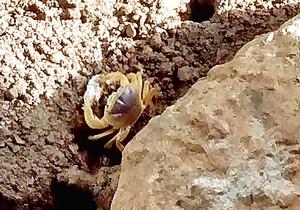 More than 90 % of gecarcinucid crabs found in Western Ghats are endemic to the area.
More than 90 % of gecarcinucid crabs found in Western Ghats are endemic to the area.
A study was conducted recently on the conservation status of these species (decapod crustaceans) and published in the online version of the international journal, ‘Aquatic Conservation: Marine and Freshwater Ecosystems’. It showed that three species of freshwater invertebrates are threatened with extinction and 48 are classified as ‘data deficient’ by International Union for Conservation of Nature (IUCN).
“There is a huge diversity among crab and shrimp species found in the Western Ghats. Moreover, very little is known about where such species might be found and what the anthropogenic (human-caused) pressures on such species are. They might go extinct if more research is not done,” said Neelesh Dahanukar of the Pune based Indian Institute of Science Education and Research (IISER)
The study pointed out that despite the important role played by these species such as caridean shrimps and gecarcinucid crabs, in the aquatic food chain and freshwater ecosystems, very little was done to conserve these species and alarmingly less was known about them.
Here are the important findings of the research,
- The Western Ghats is the natural habitat for about 49 species and six sub-species of caridean shrimps with 69% endemism.
- 39 species of gecarcinucid crabs are found in Western Ghats with 92% endemism which means they are not found anywhere else in the world.
- 3 species of decapod crustaceans in the region are threatened with extinction.
- 51% are Data Deficient.
The study identified 40 sites across the Western Ghats region for the conservation of freshwater crustaceans. Of these only seven lie within the existing network of protected areas.
“The uncertainty regarding the extinction risk of such a large number of ‘data deficient’ species is a major issue that will hamper the formulation of conservation and management plans,” says Rajeev Raghavan, researcher at the Conservation Research Group, St. Albert’s College, Kochi and chief author of the paper.
“The priority is to improve the present knowledge of the diversity and distribution of freshwater crustaceans and create detailed biotic inventories that yield molecular data for species delimitation,” adds Neelesh Dahanukar.
“As most of these populations are geographically isolated, there is a need to take up detailed studies to conserve them as distinct stocks with unique evolutionary lineage,” says Siby Philip, Assistant Professor of Zoology, Nirmalagiri College, Kuthuparamba, another co-author.
Shrimps and crabs are bottom dwelling species that might be small sized, but a very important part of the food chain.
The abundance of these species is directly responsible for the entire chain to function smoothly from the lowest producers to the highest consumers. Western Ghats is home to a large number of these species that are not found anywhere else. The research thus highlights how a lack of information and proper study is leading to the disappearance of some of the most varied creature. Western Ghats as a world heritage site can only be kept safe if the smallest of the dwellers of this biodiversity hotspot are identified and protected from human pressure.
More Related Stories,
Tea-Coffee Plantation Changing Western Ghats Otter Habitats
Maharashtra’s Biodiversity Revealed
Frogs in Western Ghats Affected by Logging Even after 40 Years

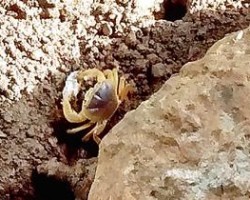
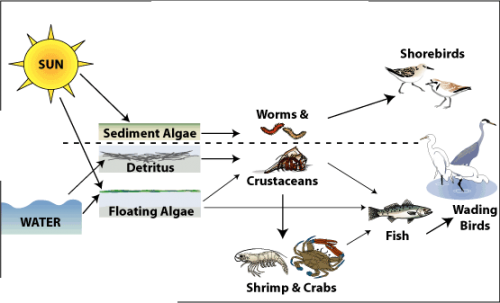
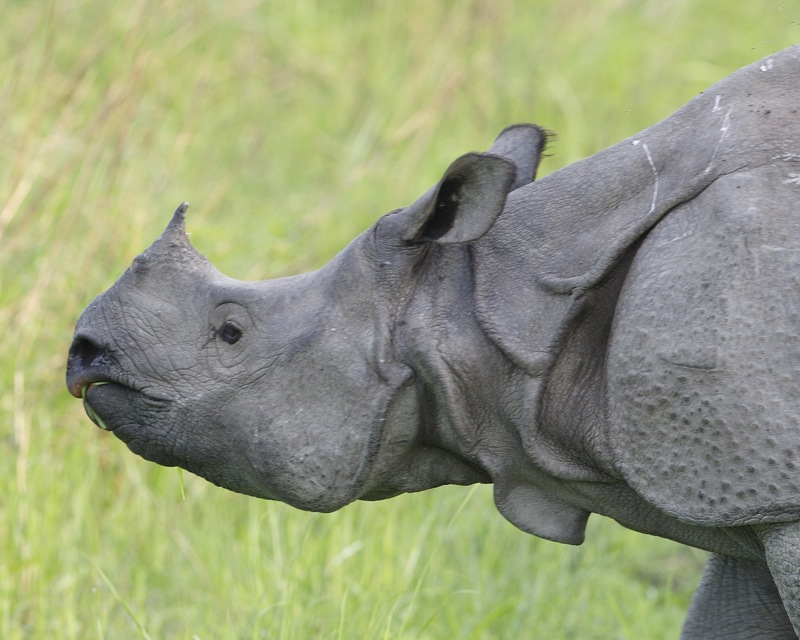
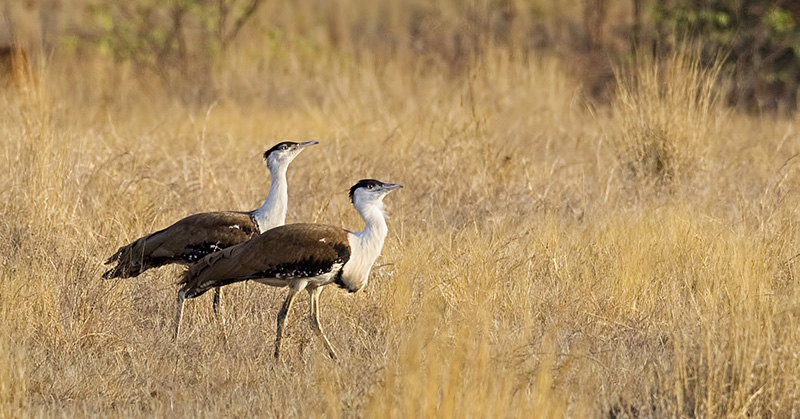
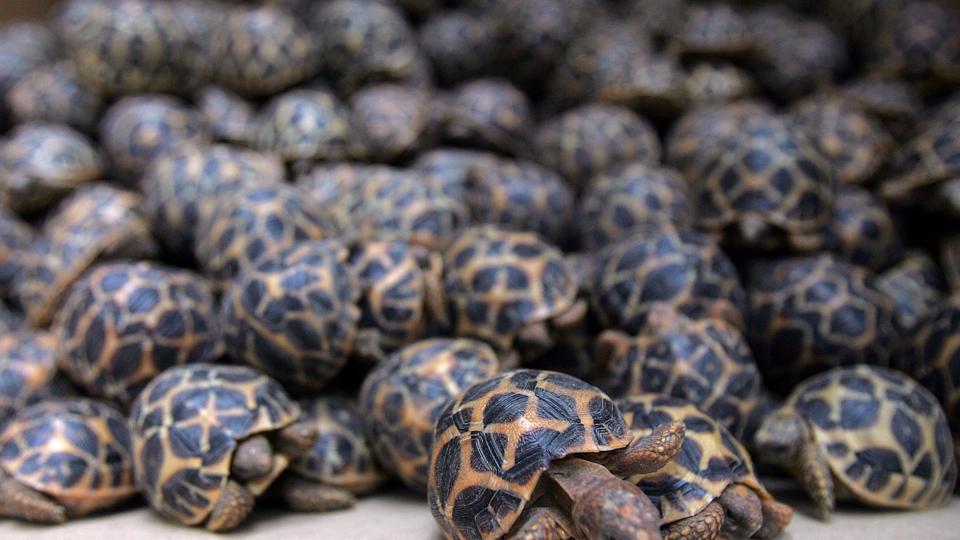
One thought on “Lack of Data Pushing Freshwater Crustaceans of Western Ghats to Extinction”